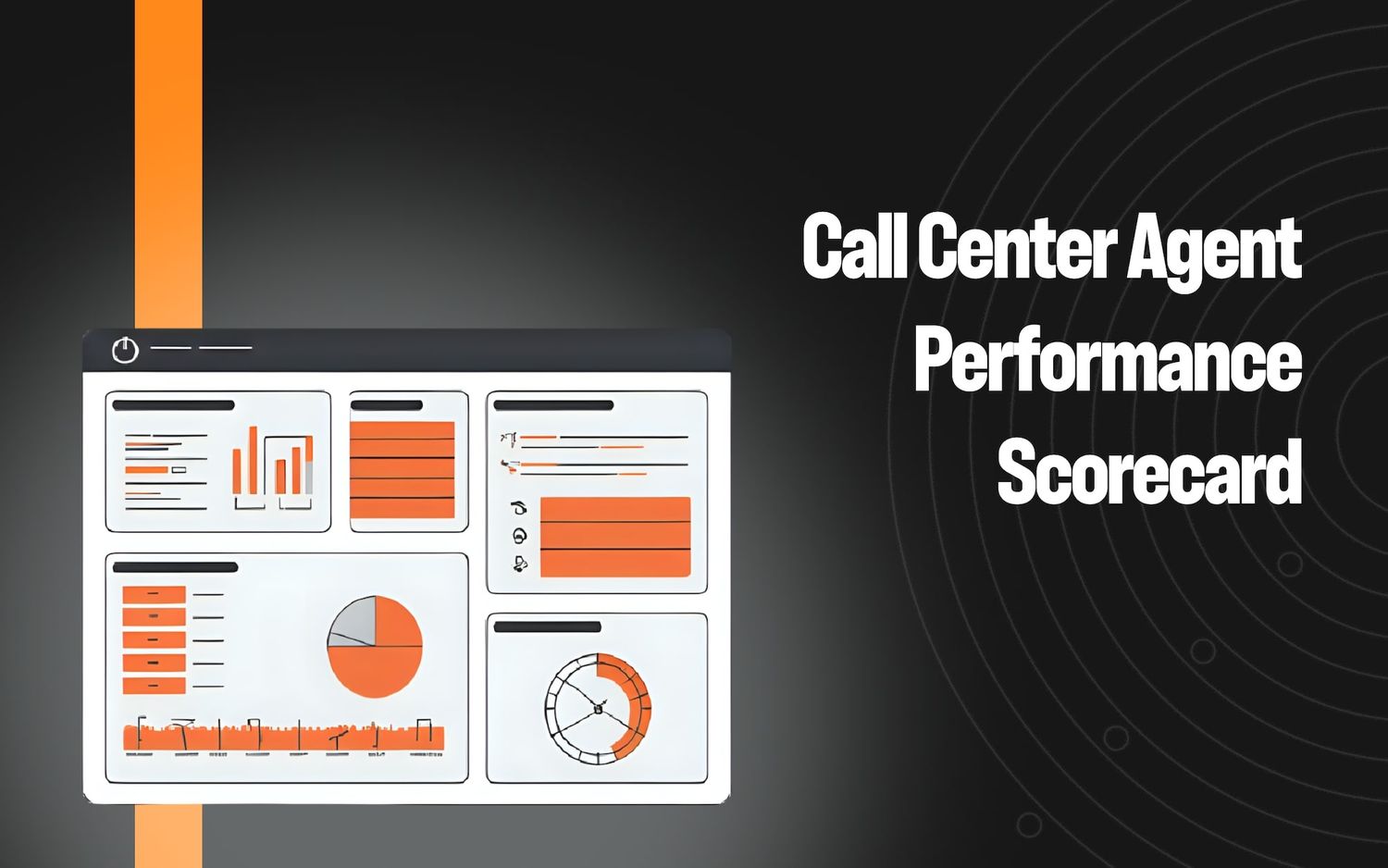5 Key Considerations for Choosing the Right AI-Driven Contact Center Quality Assurance Software for Your Business


In today’s hyperconnected age, the customer experience is becoming a key differentiator among brands. In fact, one recent report revealed that 54% of customers say they’d stop doing business with a brand after a single bad experience, while 70% say they’d switch brands after a positive experience with a new company. AI-driven QA solutions are now more important than ever!
For this reason, smart companies are doing everything they can to deliver strong customer experiences in every interaction. To this end, more and more organizations are investing in AI-driven contact center quality assurance software that enable them to resolve customer concerns faster while ensuring each agent is representing their brand to the best of their abilities. While the global call center AI market brought in $960 million in 2020, it’s expected to reach $9.95 billion by 2030 — more than 10x growth in a decade — according to Allied Market Research.
How to look for the right AI-driven contact center quality assurance software
AI has the power to transform all facets of the contact center, including quality assurance (QA). In this post, we’ll examine five key considerations to keep in mind as you begin searching for an AI-powered QA solution to revolutionize your contact center operations.
1. Technology
Most AI systems used in contact centers today rely on legacy keyword and phrase matching. While such technology can be helpful in some instances, it’s not capable of understanding all the nuances of human language; if a system is looking for the word “broken” and the customer says “smashed,” they may be incapable of interpreting the caller’s actual intent. As such, the systems don’t really live up to the true promise of AI and automation, often requiring significant amounts of manual intervention.
As you search for an AI-powered QA solution for your contact center, it’s important to look for a customizable solution that analyzes entire conversations, understands the intent behind each call, and enables you to score conversations automatically based on the criteria that are most important to your business — not the criteria the vendor dictates.
Spend time drilling down into the accuracy and quality of the AI technology that powers the platform you’re considering. Leading automated QA solutions leverage the power of generative AI and bespoke large language models (LLMs) trained on your own contact center data. As a result, they’re able to speak the language of your customers and automatically grade 100% of your conversations — to near-human accuracy — while providing evidence to support its claims.
2. Coverage
Many AI-driven contact center systems cover under 30% of most QA scorecards and fail to comprehend complex evaluation parameters. As a result, managers need to spend a ton of time manually reviewing each score, which more or less defeats the purpose of artificial intelligence and automation in the first place.
Avoid that fate by investing in an omnichannel contact center solution that covers 100% of all interactions — whether they occur on the phone, via live chat or SMS, or over email. For example, Level AI’s QA-GPT solution can auto-score as much as 80% of each customer’s specific grading rubric, giving QA managers a significant chunk time back, which they can then invest in other important activities.
The right solution will drastically reduce manual work and improve team efficiency, leading to a better allocation of time and resources, a more productive contact center operation, and happier customers. It will also enable QA managers to review critical conversations wherever they happen, helping organizations ensure a consistent customer experience across channels.
3. Ease of use
Someone could build the most powerful contact center solution in the world, but if it’s difficult to maintain and impossible to connect to other tools in your existing tech stack, what’s the point?
Unfortunately, maintaining a text and speech analytics system with up-to-date keywords and phrases is a tedious, unrewarding task for QA teams. At the same time, not every platform is easy to integrate with the tools your team uses every day — which creates inefficiencies and makes it that much harder to maintain a single source of truth.
As you narrow down your options, look for a platform that’s easy to set up, easy to integrate with popular tools — like Okta, Five9, Zendesk, Zoom, and Salesforce — and easy to maintain. At the same time, the platform should also be easy for agents, QA managers, and other team members to use productively, without a massive learning curve or tons of training required. The right solution will equip your team with customized dashboards and goals tailored for each role, which helps with ease of use while improving access to the analytics and performance metrics that are most important.
4. Analytics
Taking your contact center to the next level starts with transforming it into a data-driven operation. Simply put, you can’t make decisions based on gut instinct if you want to deliver the best service possible to your customers.
This is why it’s so important to look for solutions with powerful built-in analytics features that enable QA managers to surface actionable business and customer insights with ease. With the right solution in place, managers can create custom analytics reports with AI-assisted business, product, and voice of the customer (VoC) insights across channels. At the same time, they can also leverage real-time dashboards to assess contact center performance at any given moment.
5. Team empowerment
At the end of the day, the right AI-powered QA solution will help your agents reach their full potential by giving them access to the tools, training, and resources they need to do their best work.
Look for a solution that gives contact center managers complete transparency into each interaction across all channels. The right solution should automatically redact sensitive information (e.g., for HIPAA, PCI, and GDPR), enabling you to maintain compliance without any heavy lifting on your end.
The ideal solution will also include comprehensive screen recording tools that enable managers to identify bottlenecks and agent pain points. Instead of just monitoring agent conversations, it’s important to be able to determine whether they are having trouble logging into a system, spending too much time searching for information, or toggling between tabs repeatedly throughout the day. With robust screen recording capabilities, managers can work to continuously optimize agent workflows, making life easier for everyone.
Additionally, the right solution will also include robust coaching tools that live directly in the platform, enabling managers to analyze agent performance, identify areas of improvement, set up personalized action plans, and schedule coaching sessions without leaving the QA platform. This way, managers can create a culture of continuous improvement, tracking and optimizing every agent’s performance over time.
But that’s not all!
As you can see, there’s no shortage of considerations to keep in mind as you finalize your search for an AI-driven QA platform.
To learn more about what to look for in a modern QA solution for your contact center, check out our free guide: The 2023 Auto-QA Platform Buyer’s Guide: 11 Must-Have Features to Look For.
Keep reading
View all





